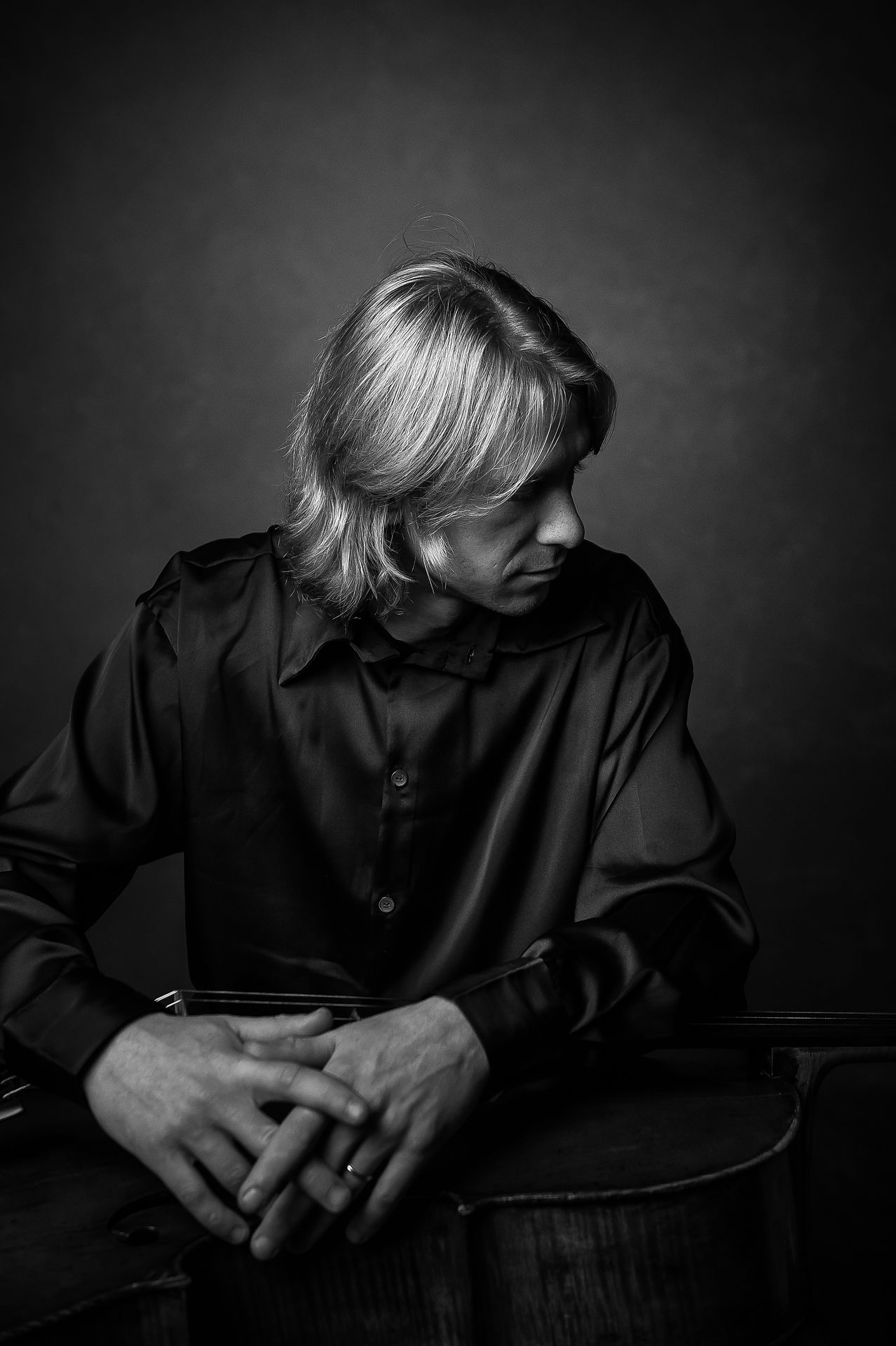
Atypical Mothers’ Day Fare with Prussian and Russian Passion
Michael Rocha BOSTON MUSIC INTELLIGENCER
The angular, contemporary confines of the First Church of Boston, in the heart of Back Bay, were filled with the eager susurrations of Mother Russia early Mothers’ Day evening, 9 May 2010, as a large audience gathered for a concert presented by the Chamber Music Foundation. The full house was in for an impassioned musical journey featuring works by Ludwig van Beethoven and Jakov Jakoulov.
Beethoven’s Piano Trio in G, Op. 1 No. 2, the middle work of his Opus 1 triptych, actually got things off to a relatively light and airy start. Groundbreaking in their day, the Opus 1 trios, published when Beethoven was in his mid 20s, feature greater emotional depth and more balanced interplay between instrumentalists than earlier works for the genre. The middle trio is the most congenial of the set, with an unfettered compositional approach and a sound reminiscent of colorful dinner party repartee. Ellina Blinder, piano, Lili Muchnik, violin, and Sergey Antonov, cello, maintained a balanced, clear dialogue as the music ranged from delicately Mozartian to friskily Haydnesque. While Blinder deftly handled the required ebb and flow, and Muchnik’s playing was secure and musical, it was the cellist who stood out. Antonov (who bears more than a passing resemblance to Harry Potter actor Rupert Grint) created a warm, enveloping tone highly evocative of the human voice. All told, a clean and expressive performance featuring wall-to-wall high-caliber play.
Now for the drama. The remainder of the concert was devoted to works by the prolific contemporary composer Jakov Jakoulov, former Muscovite and current Bostonian. Three Hildegard’s Songs, a collaboration of sorts with the 12th-century Christian mystic and pre-Renaissance Renaissance woman Hildegard von Bingen, utilizes her original text and single-line melodies augmented with Jakoulov’s rhythms and harmonies. The resulting composition for voice and piano is a powerful work that convincingly reflects the content of von Bingen’s paeans to the Virgin Mary as well as the yin-yang of divine ecstasy against a backdrop of Medieval hardship. This philosophical dynamic was lucidly expounded upon by the composer in his introductory remarks, after which he took to the piano bench, providing an accompaniment that was simple, direct, growly, forceful, and highly percussive. Mezzo-soprano Miranda Loud’s earthy, passionate interpretation more than lived up to her surname in the final ecstatic verse with a well-rounded tone that reverberated pleasingly in the live acoustic. The overall effect was one of drama and mystery, with perhaps a whiff of the Middle Eastern, presumably owing to the modal tonality.
The final two pieces were more personal and took listeners to an even darker realm. Sonata for Viola and Piano No. 1, written for and dedicated to Jakoulov’s friend, the Boston Symphony violist Michael Zaretsky, featured Zaretsky himself in this particular performance. This acerbic, probing work is constructed of a musical architecture as harsh and angular as that of First Church itself, and conjures images of bleak, desolate landscapes populated by prickly, decidedly threatening creatures: the soundtrack of nightmares. Mr. Zaretsky gave a virtuosic, intentionally scratchy, tone-bending rendition; pianist Yelena Prizant played quite capably within the limited expressive confines of the percussive accompaniment.
And, finally, we were treated to a world premiere: Jakov Jakoulov’s La Musica Leggera, La Musica Eroica, written for cello, piano, and string orchestra. This highly personal work, just completed this year, was written in memory of Jakoulov’s close friend, Russian-Israeli poet Michael Gendelev, who died in 2009 at the far-too-young age of 58. As reflected in the title, the piece is in two sections: Light Music, the title of a Gendelev poem, and Heroic Music, written specifically for cellist Sergey Antonov. At this point we were light-years away from the dulcet tones and pastel shades of the Beethoven. Though Light Music is ostensibly a children’s lullaby, this sort of music seems more conducive to night terrors than blissful, dream-filled slumber. After reading Gendelev’s poem in its original Russian, Jakoulov took to the podium and guided the ensemble through an intense, heartfelt performance. A lilting triple meter evoked the sound of a lethargic calliope: poignant music infused with a youthful melancholia. The Eroica was dark and powerful. Once again the piano part, competently performed by Yelena Prizant, was highly percussive, with a dynamic range seemingly from forte to fortissississimo (ffff). Cellist Sergey Antonov’s thoughtful, attentive playing was white-hot and emotionally charged. Quite the dramatic evening; certainly far from your typical Mothers’ Day fare.